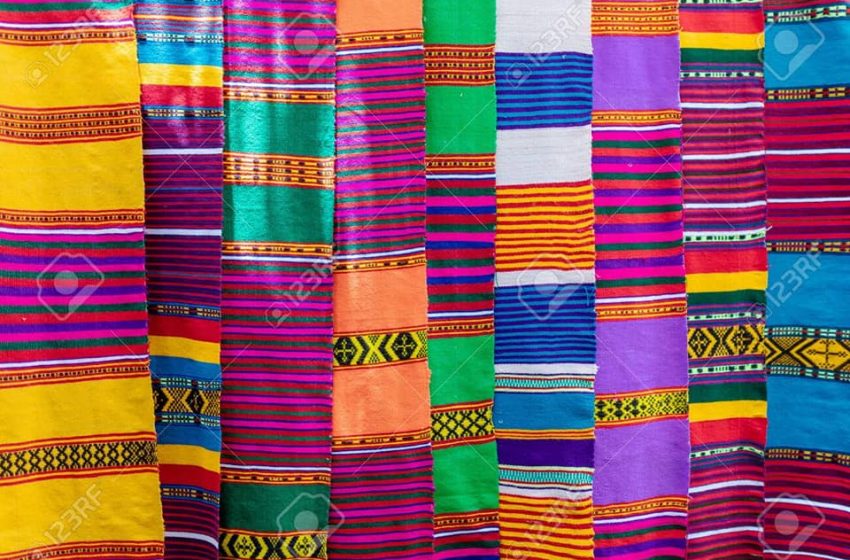
Ethiopia’s civil war is systematically ripping apart the social fabric
Source: Andrew DeCort
November 2, 2021
Ethiopia’s civil war is systematically ripping apart the social fabric. We can trace this through the current use of the key words enemy, stranger, neighbor, and friend.
More and more people are being labeled as “enemies.” Referring to another person or group as “enemy” has been utterly normalized. “Enemy” essentially means “hated one,” the one I wish didn’t exist.
High-level officials are warning the public to be suspicious and even hostile to “strangers.” They are represented as potential undercover enemies to be “weeded out.”
Influential media personalities are calling “neighbors” to be cruel and attack their neighbors along identity lines. Like the stranger, the neighbor is pictured as a potential enemy, lurking and needing to be cut out like a “cancer.”
“Friendship” increasingly becomes another word for political agreement and loyalty.
The social fabric is what supports a flourishing society of shared dignity and security. We see each other as woven together, strands of something larger than ourselves that work together toward the common good. We enrich each other in our differences.
Neighbors honor a covenant of mutual care and service. Strangers are welcomed and treated with respect. Conflicts are resolved nonviolently through dialogue, mediation, and law. These relationships weave together a complex but thick fabric of shared value and a basic level of trust across differences and disagreements.
Today this social fabric is being systematically unraveled. Suspicion, enmity, and violence are being urged from the highest levels as patriotic virtues and existential necessities. But what will be left after the war — when more children speak viral hate against people they don’t even know, when strangers feel more unsafe in communities that host them, when neighbors grow further apart and see each other as potential threats?
The implications will be far-reaching and long-lasting. I will never forget hearing little children naming their regional neighbors as “evil” — how much more now and for generations to come? The intangible bonds of assuming the best — or at least not assuming the worst — about people are vital for quality of life and public resilience. The effects of assuming the worst of the others around us rips our society to rags. Harvard research shows that its damage is equivalent to smoking a pack of cigarettes a day.
Refuse to become a partner in ripping apart the social fabric. Commit now to reweaving the social fabric. Protect friendship with those who disagree with you. Honor your neighbors with kindness and care. Make sure that strangers are safe and thoughtfully engaged. Refuse to be an enemy to anyone and seek peace as much as you can.
The way we see others produces the society we see, for better or worse. Rebel against the enemy-making vision. Let your eyes be the starting place of peace and a rewoven society. There is still time.
